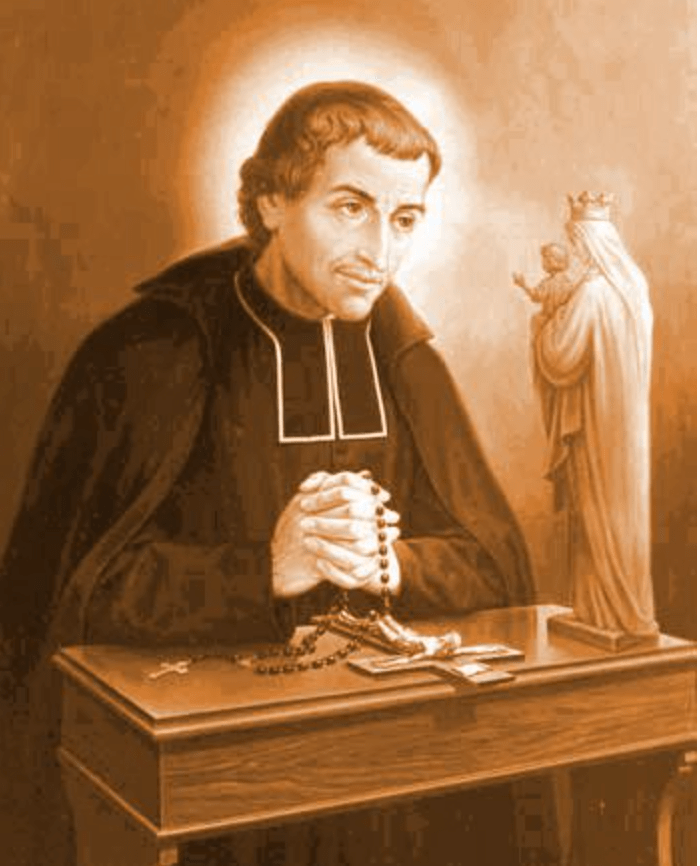This page provides a few excerpts from Joseph Ratzinger’s book of the same title re: The Seventh Age of history. For some background click here.
“A. The promise of the seventh age.
“Now that we have established the fact that the primary concern of Bonaventure’s view of history is related to the future, we can determine more precisely the point around which everything is centered. This central point of interest lies in that small section of the sixth age which is yet to be realized, that is, in that mysterious border-line area which separates the perilous present time from that age of Sabbath Rest which is yet to come within the framework of this world. What is it that we are to expect before that long-awaited hour strikes and peace enters the world forever? Everything revolves around this question and is concerned with the determination of that final period of the sexla aelas which remains to be realized.
“In contrast with this problem, the question of the seventh age is relatively simple, and will be treated immediately. Bonaventure himself clarifies what is meant by the seventh age when he says: “Then the prophecy of Ezechiel (401£) will be fulfilled: The Holy City will come down from heaven; not, however, that city ‘which is above’ (Gal. 4, 26), but that one which is below, that is, the church militant. But she will be formed in the likeness of the Church triumphant in as far as this is possible in her pilgrim-state . . . And then there will be peace …”.
Two things are obvious:
(a) “We are dealing with a thoroughly inner-worldly condition. The pilgrim-character is expressly emphasized, and the designation of the “Church militant” is emphatically held in contrast to the “Church triumphant.”
(b) “This period of time represents a state of salvation of a completely new sort. But this does not destroy its inner- worldly, inner-historical, and therefore pre-eschatological character. It is first in this period that the great prophecies of Ezechiel and Isaias will be fulfilled; it is only in this age that the state of redemption will find its full meaning.
“Immediately a question arises. How is this seventh age of Bonaventure related to the seventh age of Joachim? We can take a stand on this question only when we have presented the opinion of Joachim himself, and when we have discovered the new form which the concept of revelation takes on in the Hexaemeron. This concept of revelation will follow from the Bonaventurian theology of history which we are about to develop.”
The Theology of History in Saint Bonaventure, pages 22,23
Find out more.




